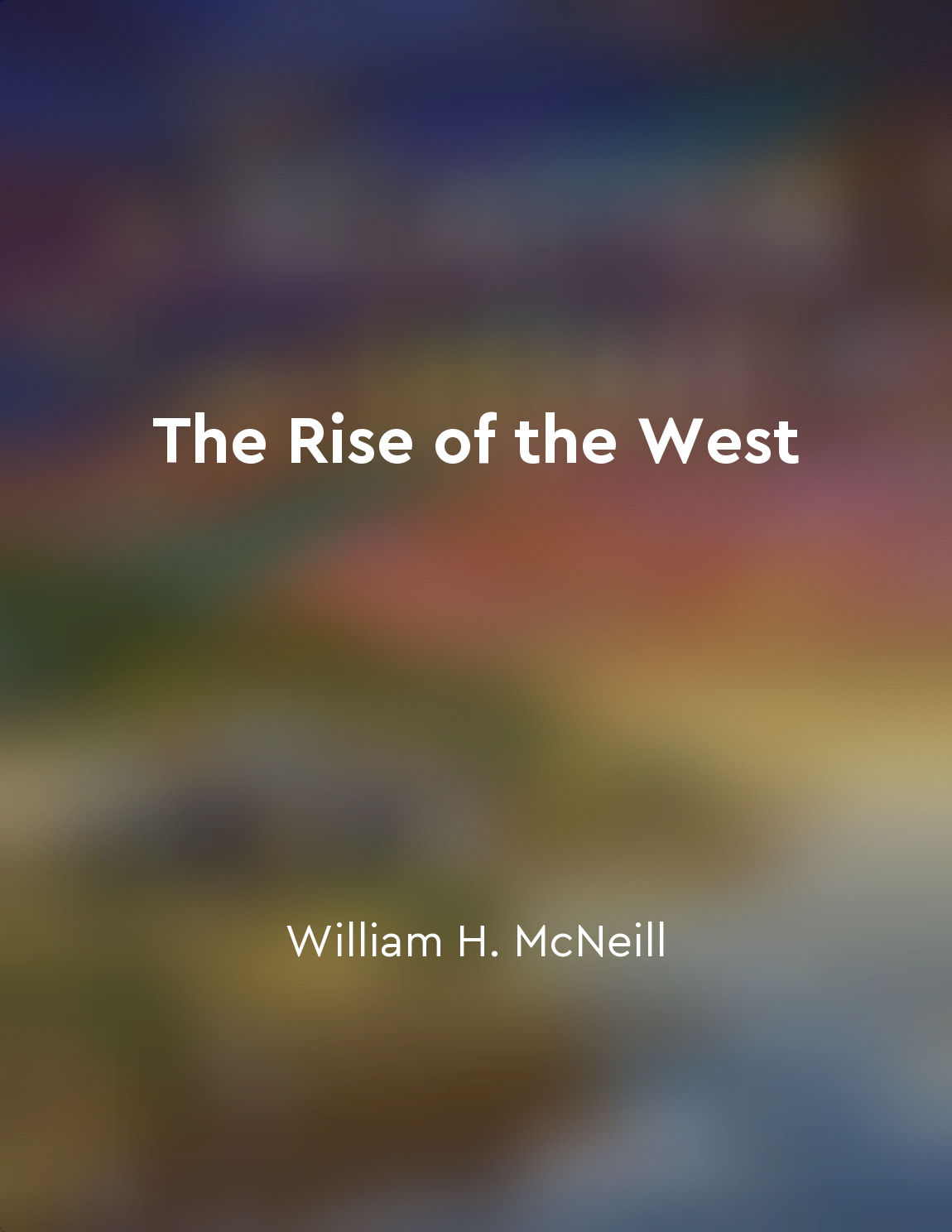Middle Ages in Europe marked by weak central authority from "summary" of The Origins of Political Order by Francis Fukuyama
During the Middle Ages in Europe, the political landscape was characterized by a lack of strong central authority. This period saw the fragmentation of power among various feudal lords, who ruled over small territories and held significant autonomy. The authority of kings and emperors was limited, as they struggled to assert control over these decentralized realms. This weak central authority led to a lack of stability and security, as conflicts between different lords often erupted into violence and warfare. The feudal system that emerged during this time further contributed to the weakness of central authority. Feudalism was based on a hierarchical structure in which vassals swore allegiance to lords in exchange for land and protection. This decentralized system meant that power was dispersed among a network of lords, making it difficult for kings or emperors to exert control over their territories. As a result, law and order were o...Similar Posts

Customary laws predate formal laws
The origins of legal systems are often traced back to a period when formal laws did not yet exist. Instead, societies relied on...

Legal systems reflect cultural diversity
The legal systems of different societies are not arbitrary creations but rather reflect the unique cultural values and norms of...
Government control hinders economic progress
The idea that government control can impede economic progress is a fundamental concept that underpins much of the argument put ...

Global interconnectedness impacts societal development
The interconnectedness of global societies has played a crucial role in shaping the development of civilizations throughout his...
Free markets are essential for economic prosperity
The idea that free markets are indispensable for economic prosperity is not just a theoretical concept, but a practical reality...
